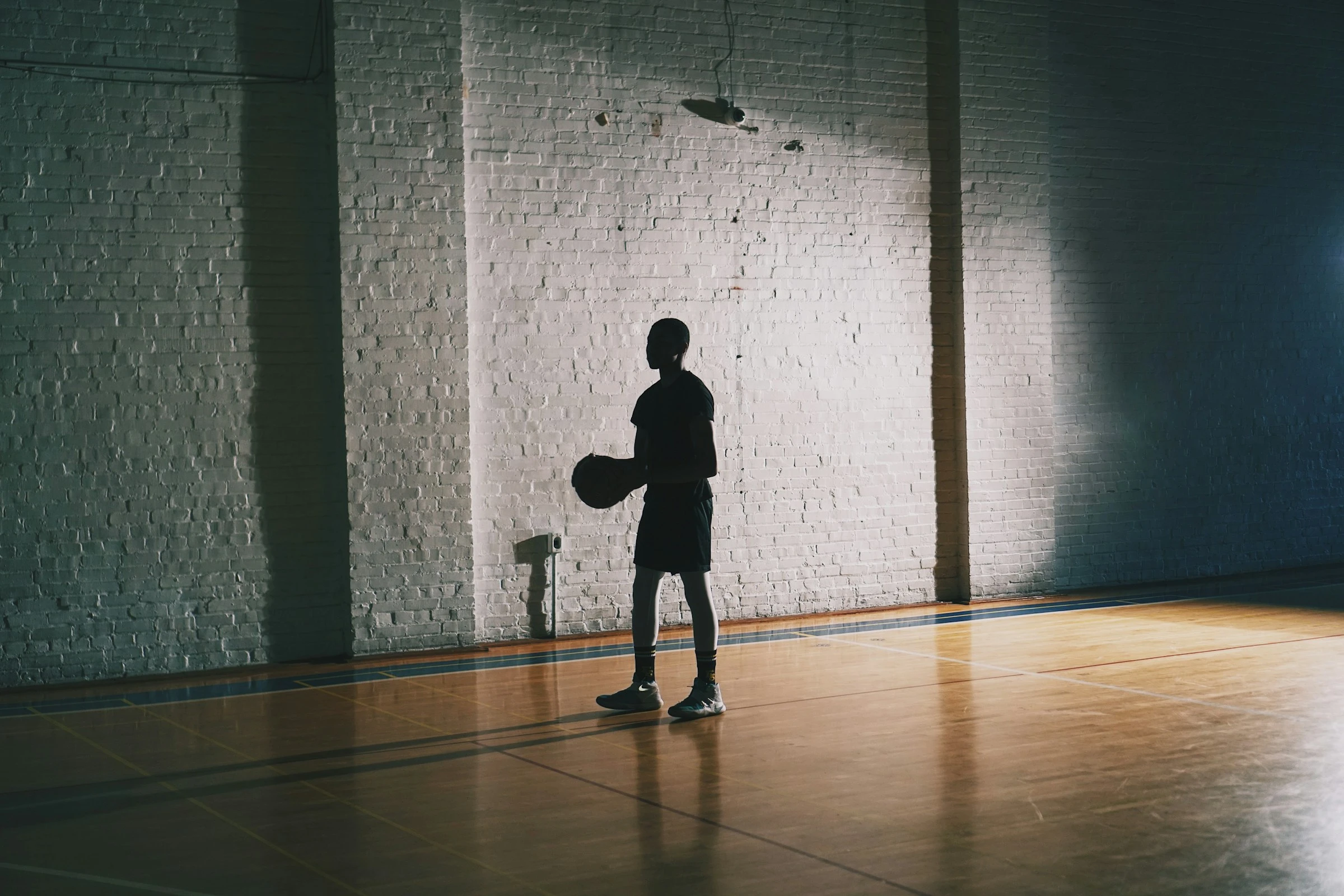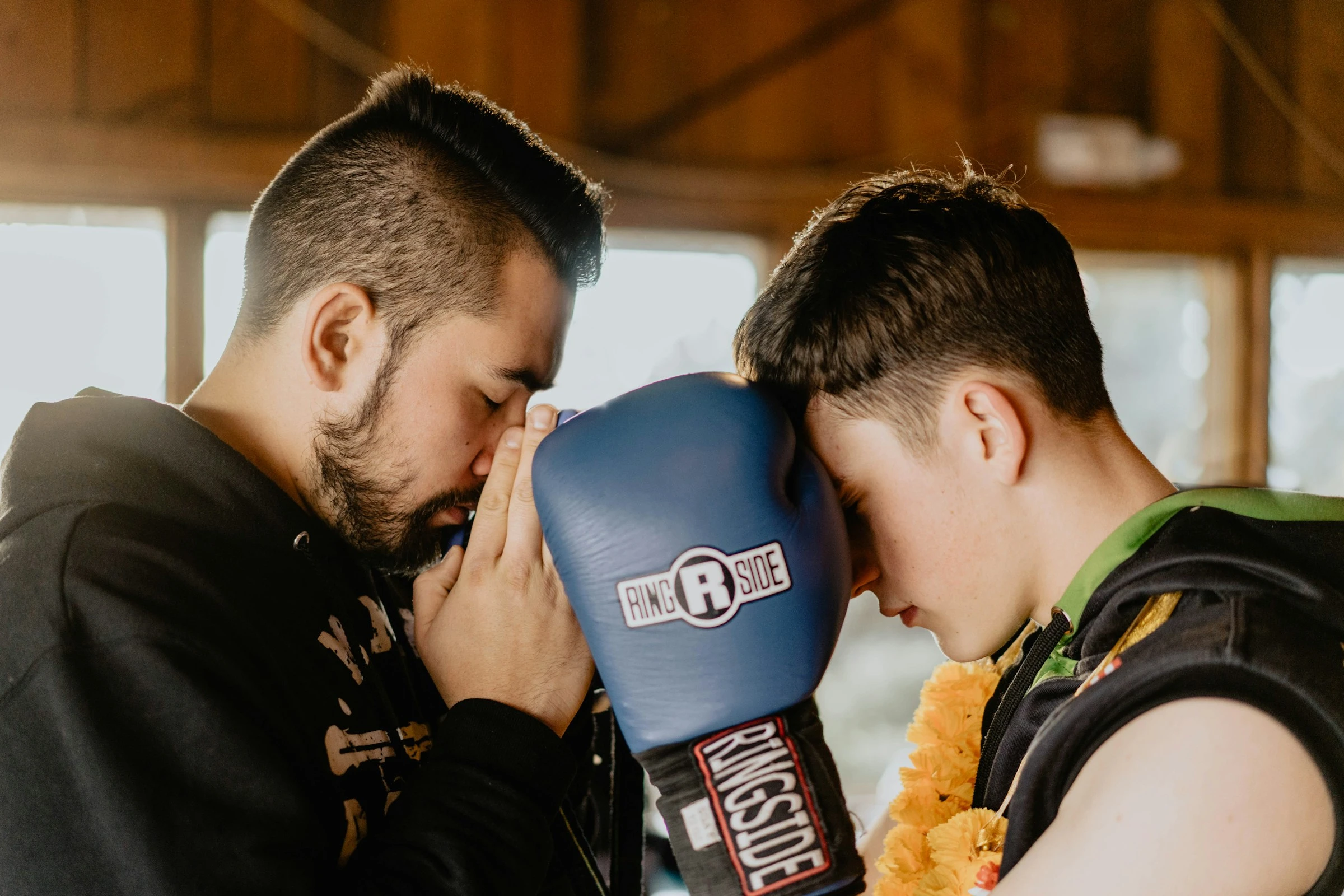In the world of sport, an athlete’s performance is not based solely on their physical training. Life experiences and personality also play a key role, influencing how they deal with pressure, make decisions under stress and react to failure. Let’s take a look at how these factors shape day-to-day sporting performance.
Life experiences: a profound influence
Life experiences, whether positive or traumatic, leave a lasting imprint on the way an athlete deals with challenges. For example, a serious injury or significant family event can affect the perception of stress and the ability to concentrate.
Research shows that athletes who have experienced difficult times can develop a more pronounced stress response. This can manifest itself in an over-reaction to competitive situations, reducing their ability to perform under pressure. But, conversely, these experiences can also strengthen their resilience, provided they have access to appropriate support to overcome these ordeals.
Example: An athlete who recovers from a serious injury with good emotional support learns patience and perseverance, two qualities that will serve him well when faced with the pressure of competition.

Personality: a pillar of performance
Personality plays a major role in how an athlete perceives sporting situations. Traits such as anxiety, resilience or self-confidence have a direct influence on how he or she copes with moments of pressure.
Main personality traits and their influence
- Competitive anxiety: Athletes who are naturally anxious may feel intense inner pressure, sometimes affecting their performance.
- Type A behaviour: These athletes, who are often highly competitive, may be subject to high levels of physical and mental stress, which increases their risk of injury.
- Resilience and self-compassion: The ability to bounce back from failure is essential. Resilient athletes, who are able to be kind to themselves, cope better with defeat and stay motivated.
Understanding these traits helps coaches to adapt their approach, enabling athletes to develop optimal emotional control in competition.
The social circle: essential support
Family support, the athlete’s social circle and education are also essential in creating an environment conducive to performance. The expectations, encouragement and role models of parents, friends and mentors have a direct impact on the management of success and failure.
Parenting styles and their impact
- Authoritarian style: Very demanding parents can instil a fear of failure in the athlete, which can lead to stress.
- Permissive style: Conversely, indulgent parents who set few limits may not instil enough discipline, leaving the athlete vulnerable in competition.
- Democratic style: A happy medium, where parents are supportive while encouraging autonomy, allows the athlete to develop confidence and resilience.
Friends and team-mates also play a crucial role. Having a trusted social circle with whom to share successes and difficulties strengthens an athlete’s emotional resilience.
Example: An athlete surrounded by caring team-mates and an empathetic coach is more likely to maintain a positive attitude and bounce back after a setback.
Education: an asset for the sporting mentality
Education, whether formal or informal, also influences the mental preparation of athletes. Young people who have grown up in an environment that values perseverance and discipline are better prepared for the rigours of competition.
Learning and reference models
Young athletes learn a great deal by observing their parents, coaches and peers. If these role models embody positive behaviours, such as resilience and constructive handling of failure, the athlete is more likely to replicate these attitudes in competition. This can transform their approach to sport, helping them to see failure as an opportunity for growth.

Conclusion: creating an environment conducive to growth
An athlete’s performance goes far beyond physical training. Life experiences, personality and social circle influence how they react under pressure, bounce back from failure and progress throughout their career. As coaches, parents or managers, it is essential to create an environment where the athlete can develop to the full, integrating the psychological and emotional aspects beyond the pitch.
Let’s encourage a holistic approach to sport that puts mental health and social support at the heart of athlete development. This is how we will create tomorrow’s champions, who are as well prepared for competition as they are for life itself.




